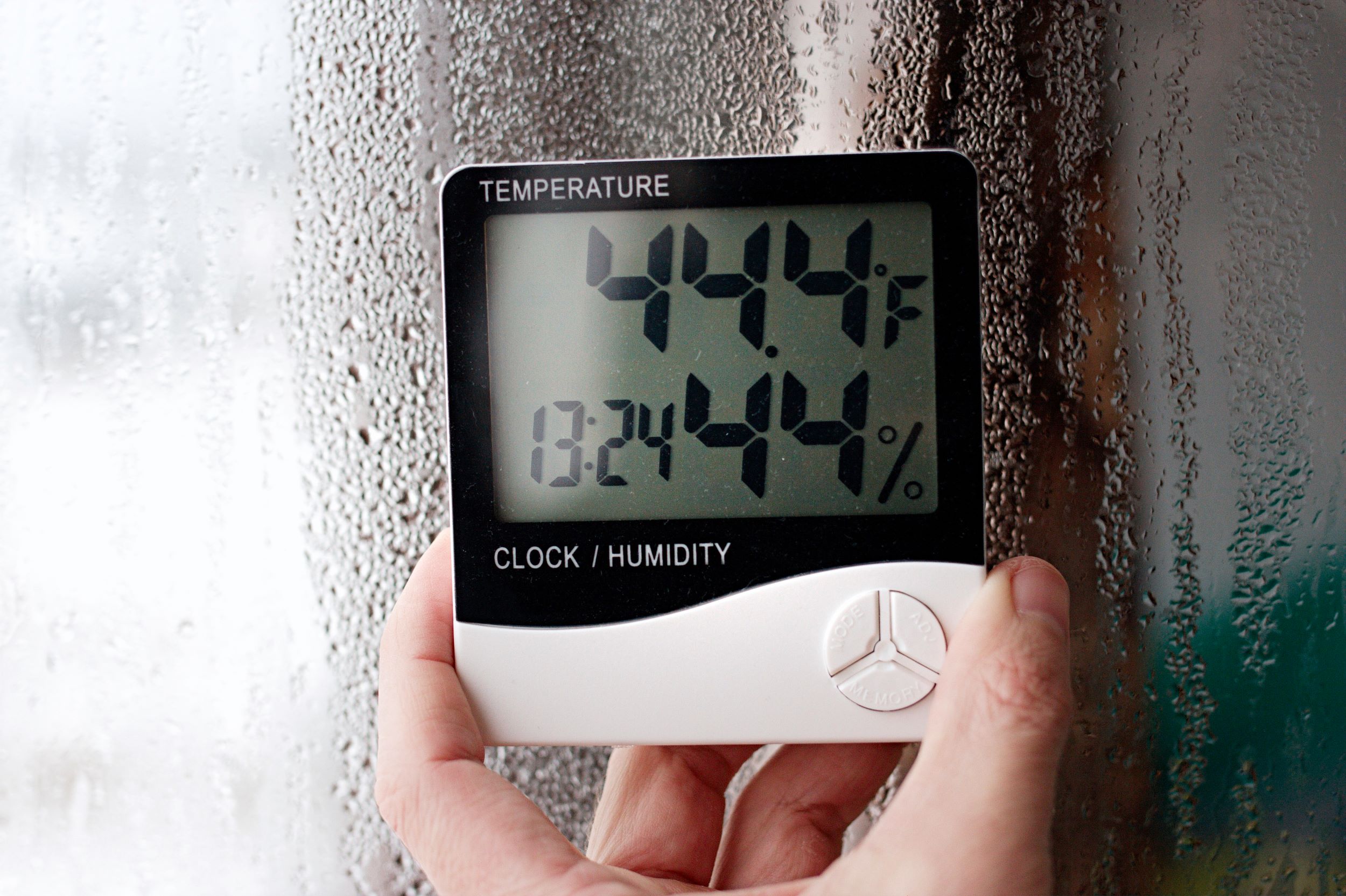
Humidity control might not be the first thing that comes to mind when you think about industrial equipment, but it’s a critical factor in keeping operations smooth and efficient. Installing a hygrometer in your manufacturing lines or HVAC systems ensures conditions are just right for productivity, safety, and product quality. From talking about what this device is to how it really works, this article covers everything.
What Is a Hygrometer?
A hygrometer measures the moisture in the air, also called humidity. It’s like a thermometer, but instead of checking the temperature, it tells you how much water vapor is in the atmosphere.
Humidity affects a lot of things. It can change how products turn out, how machines work, and even safety in a workspace. A hygrometer helps you keep things balanced. It’s useful for storing delicate products, running clean environments, or making sure manufacturing processes go smoothly.
How Does a Hygrometer Work?
1. Mechanical Hygrometers
These use materials like hair or synthetic fibers that expand and contract as humidity changes. The movement moves a dial or scale that shows the relative humidity (RH). They’re simple and don’t need power, but they are less accurate than newer options.
2. Digital Hygrometers
Digital Hygrometers are popular in industries because they’re precise and easy to use. They use sensors to measure humidity:
- Capacitive Sensors: These track humidity by measuring how a thin film’s capacitance changes as it absorbs water vapor. The changes show humidity levels.
- Resistive Sensors: These measure how moisture affects the electrical resistance of a material. Higher humidity lowers resistance; lower humidity increases it.
3. Psychrometers
Psychrometers use two thermometers—one dry and one wet. The wet bulb has a damp cloth, and as water evaporates, it cools the thermometer. The difference between the two readings is used to calculate humidity. These are often used for spot-checks.
4. Dew Point Hygrometers
These measure the temperature at which water vapor turns into liquid. They’re useful in industries where condensation control is critical, like compressed air systems.
Industrial Applications of Hygrometers
Hygrometers are essential in many industries. They help keep conditions right for products, machines, and workers.
1. Manufacturing
In manufacturing, humidity can affect products and machinery. For textiles, too much moisture can weaken fibers. For electronics, high humidity can cause corrosion or damage to sensitive parts.
2. Food and Beverage Industry
Humidity affects the freshness and safety of food. In storage and packaging, hygrometers help prevent spoilage and contamination. For beverages like juice and soft drinks, controlled humidity preserves the flavor and prevents mold.
3. Pharmaceuticals
Medicines need stable humidity levels. Too much moisture can damage sensitive compounds, while dry conditions can disrupt production. Hygrometers ensure the right balance.
4. HVAC Systems
Heating, ventilation, and air conditioning systems use hygrometers to maintain indoor air quality and energy efficiency. They monitor humidity and adjust systems to keep conditions comfortable and efficient.
5. Industrial Coating and Painting
Humidity affects drying times and finish quality. Hygrometers help maintain ideal conditions, preventing issues like blistering or uneven coatings.
Why Is Humidity Monitoring Important?
Monitoring humidity is important because it prevents big problems. High or low humidity can spoil products, cause defects, or damage equipment by leading to corrosion or overheating. In dry conditions, static electricity can become a safety hazard. Poor humidity control can also force systems to work harder, wasting energy and raising costs.
Choosing the Right Hygrometer
The right hygrometer depends on what you need it for. Whether it’s for storage, manufacturing, or environmental control, SS Hussain as an industrial equipment supplier can help you find the best option for your specific needs.
